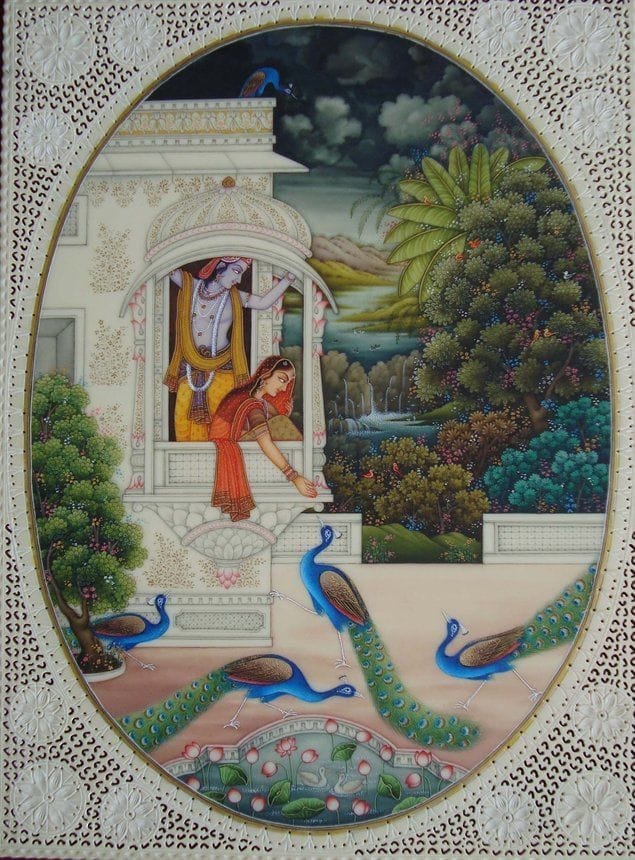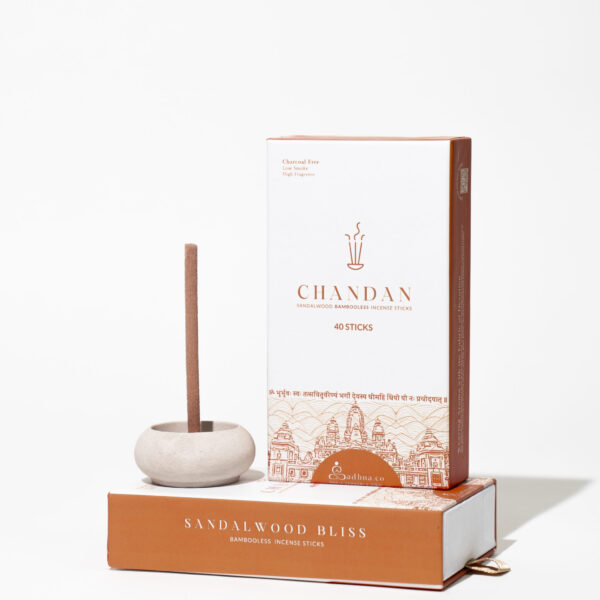In the realm of sacred scents that have adorned the temples and rituals of Hinduism, the Kewda stands out with its uniquely enchanting aroma, a fragrance that carries with it the tales of divinity, cosmic order, and the eternal dance of creation, preservation, and destruction. The scent of Kewda is not just an olfactory delight but a symbol deeply rooted in the spiritual heritage of India, interwoven with the stories of gods and the profound teachings of the Bhagavad Gita

The Divine Trinity and Kewda
The significance of Kewda transcends its delightful scent, touching upon the very essence of the divine trinity in Hinduism: Lord Vishnu, the preserver; Lord Shiva, the destroyer; and Lord Brahma, the creator. This sacred flower, embodying the fragrance of divinity itself, is seen as an offering that pleases the gods, a testament to the belief that the simplest gifts, when given with love and devotion, are cherished by the divine. As the Bhagavad Gita teaches us, it is not the grandeur of the offering that matters but the purity of devotion with which it is presented.
A Tale of Truth and Cosmic Order
Among the many legends that surround the Kewda, one tale stands out for its deep symbolic meaning—the story of Lord Brahma and the endless pillar of light. Brahma, in his quest to find the pinnacle of this divine pillar, a manifestation of Lord Shiva’s infinite nature, lies about having seen its end. The Kewda flower, entwined in this tale, becomes a witness to Brahma’s deceit. Upon discovering the falsehood, Shiva’s curse upon the Kewda becomes a poignant reminder of the importance of truth, integrity, and the inevitable consequences of disrupting the cosmic balance.
This story, while showcasing the dynamics among the divine trinity, also reflects the fundamental principles that govern the universe and human existence—creation, preservation, and destruction. The Kewda, thus, becomes a symbol not just of divine fragrance but of the delicate balance that sustains the cosmos and the moral compass that guides human actions.
Kewda in Rituals and Daily Life
The use of Kewda in Hindu rituals and offerings is a practice that dates back centuries, its fragrance a bridge between the earthly and the divine. It is believed that the aroma of Kewda pleases the gods, inviting their blessings and favor. In daily life, the scent of Kewda continues to play a significant role, used in perfumes, oils, and even in culinary delicacies, adding a touch of the sacred to the mundane.
The Essence of Kewda: A Call to Inner Reflection
As we surround ourselves with the captivating scent of Kewda, let it be a reminder of the profound teachings of the Bhagavad Gita and the timeless tales of the gods. The fragrance invites us to reflect on the simplicity of devotion, the importance of truth, and the understanding of the cosmic principles that guide the universe. It beckons us to seek balance in our lives, to honor the cycles of creation, preservation, and destruction, and to find harmony within the cosmic order.
Let the enchanting aroma of Kewda inspire you to embrace the virtues of honesty, devotion, and respect for the natural balance of the world. May it serve as a beacon, guiding you toward a deeper connection with the divine and a greater understanding of the intricate dance of existence. In the fragrance of Kewda, we find not just a scent but a symbol of the eternal truths that underpin the cosmos and the path to spiritual enlightenment.








